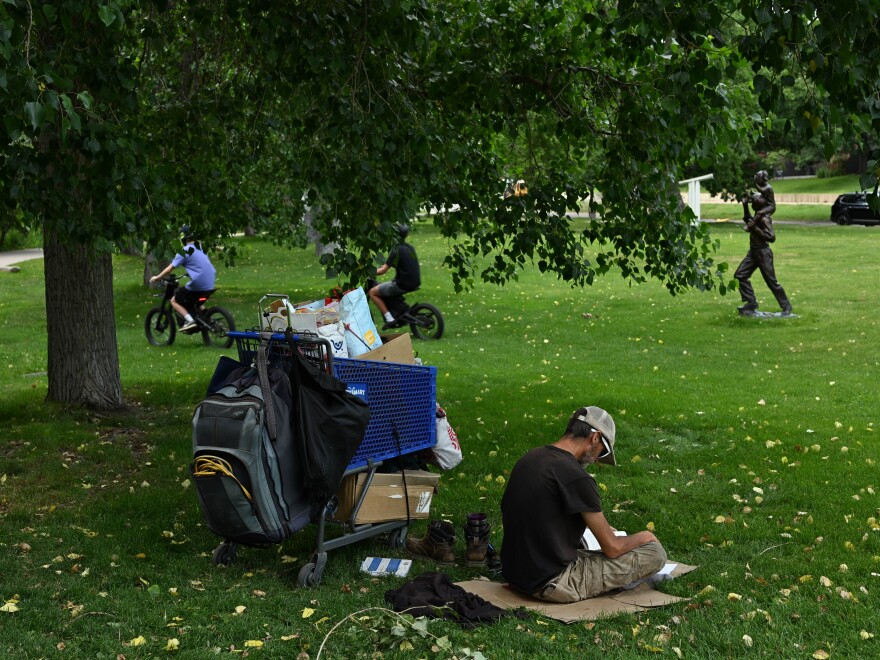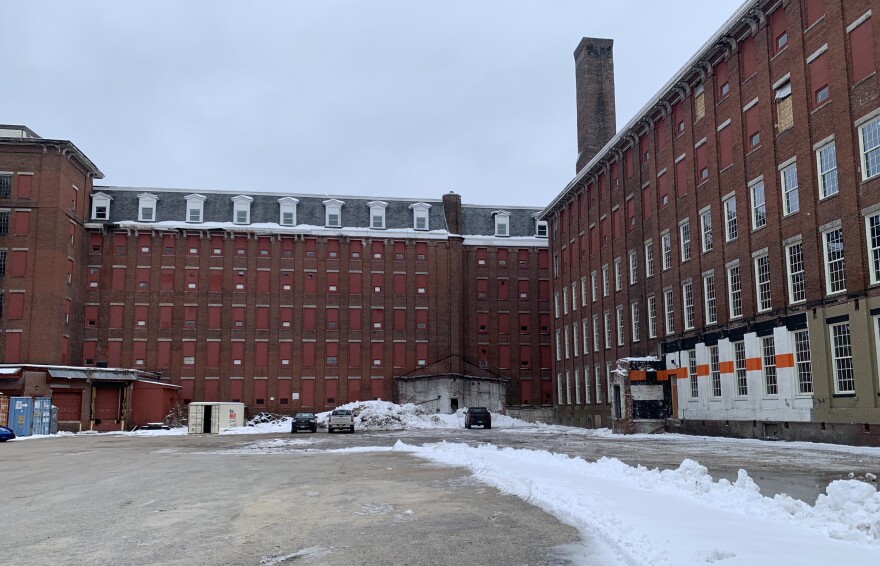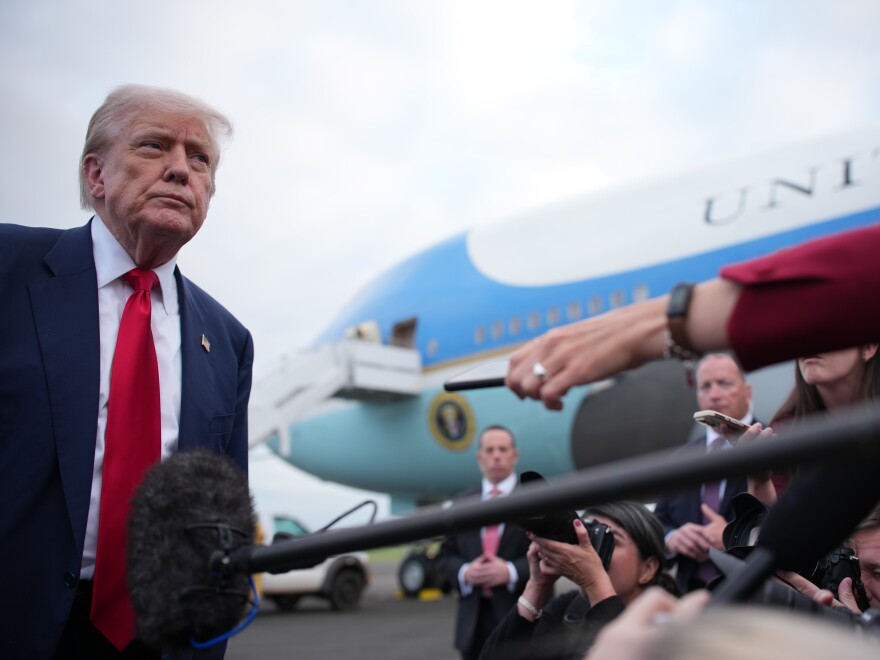Updated @ 12:58 PM EDT on July 25, 2025
President Trump signed an executive order aiming to change how the United States handles homelessness, fulfilling a campaign pledge.
Changes to facilitate the removal of outdoor encampments and the placement of individuals in addiction or mental health treatment are part of the directive signed Thursday. This includes civil commitments that are made against the will of people “who are a risk to themselves or others.”
“Endemic vagrancy, disorderly behavior, sudden confrontations, and violent attacks have made our cities unsafe,” according to the directive.
Critics decry the shift toward pushing people into treatment
Additionally, the White House measure aims to divert government financing from established programs that prioritized housing for homeless individuals before providing treatment. Rather, it urges funding to be prioritized for programs that demand treatment and sobriety, as well as for localities that prohibit homeless camping.
Additionally, it instructs the Transportation, Housing and Urban Development, and Health and Human Services departments to evaluate federal grant programs and give preference to locations that actively combat urban squatting, urban camping and loitering, and illicit drug use “to the maximum extent permitted by law.”
The broad move, according to some, may worsen homelessness rather than address it.
According to Jesse Rabinowitz of the National Homelessness Law Center, “this executive order is forcing people to choose between treating having a mental illness or being homeless like a crime, or compassionate data driven approaches like housing.”
In a statement, Ann Oliva of the National Alliance to End Homelessness said, “Institutionalizing people with mental illness, including those experiencing homelessness, is not a dignified, safe, or evidence-based way to serve people’s needs.”
The Substance Abuse and Mental Health Services Administration is also required by Trump’s order to stop funding addiction programs that use “harm reduction.” Frontline health care initiatives that aim to lower fentanyl and other street drug overdoses will undoubtedly be hampered by this.
According to addiction specialists, harm reduction—which includes initiatives that offer sterile needles and other supplies—is crucial to assisting individuals in overcoming addiction. Years of studies, notably by federal scientists at the Centers for Disease Control and Prevention, have refuted the premise that such programs promote drug use, which Trump’s order reiterates.
The Supreme Court’s historic decision from last year, which stated that towns could penalize individuals for sleeping outside even if they had nowhere else to go, provides the foundation for Thursday’s White House move. More than 100 localities in more than two dozen states have either enacted or reinforced laws prohibiting homeless camping after the high court’s decision. If doing so makes it simpler to obtain federal funds, more people might feel pressured to do so.
The order reflects a conservative backlash to federal policies
Getting people off the streets and into housing before providing them with mental health or addiction treatment was supported by both parties for twenty years. Advocates claim that this strategy has a track record of successfully keeping people off the streets. They also claim that one of the main causes of homelessness is the severe lack of affordable homes.
However, as homelessness rates have grown continuously to record highs, there has been an increasing conservative backlash against that. Over 770,000 people were homeless in the United States last year, up 18% over the previous year, according to the annual count.
“This is a huge step,” Devon Kurtz of the conservative Cicero Institute, which has been advocating for many of the order’s points, said.
He argues that by failing to provide adequate support for individuals in need of treatment, the housing first approach exacerbated homelessness. Trump has issued an order to discontinue assistance for Housing First initiatives that do not advance “treatment, recovery, and self-sufficiency.”
“This is really that crucial safety net at the bottom to make sure that [homeless people] don’t continue to fall through the cracks and die on the street,” adds Kurtz.
Project 2025, a conservative plan, also advocated for housing to be eliminated first. The U.S. Interagency Council on Homelessness, a modest organization that advocated for housing-first policies and coordinated government-wide homeless policy, was completely dismantled by the Trump administration earlier this year.
This item was given to by Brian Mann, an addiction correspondent for NPR.
Copyright 2025 NPR






